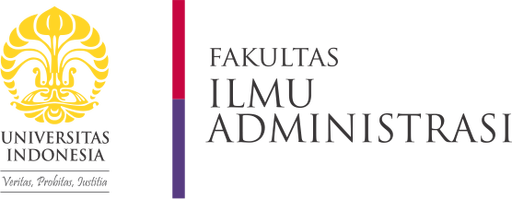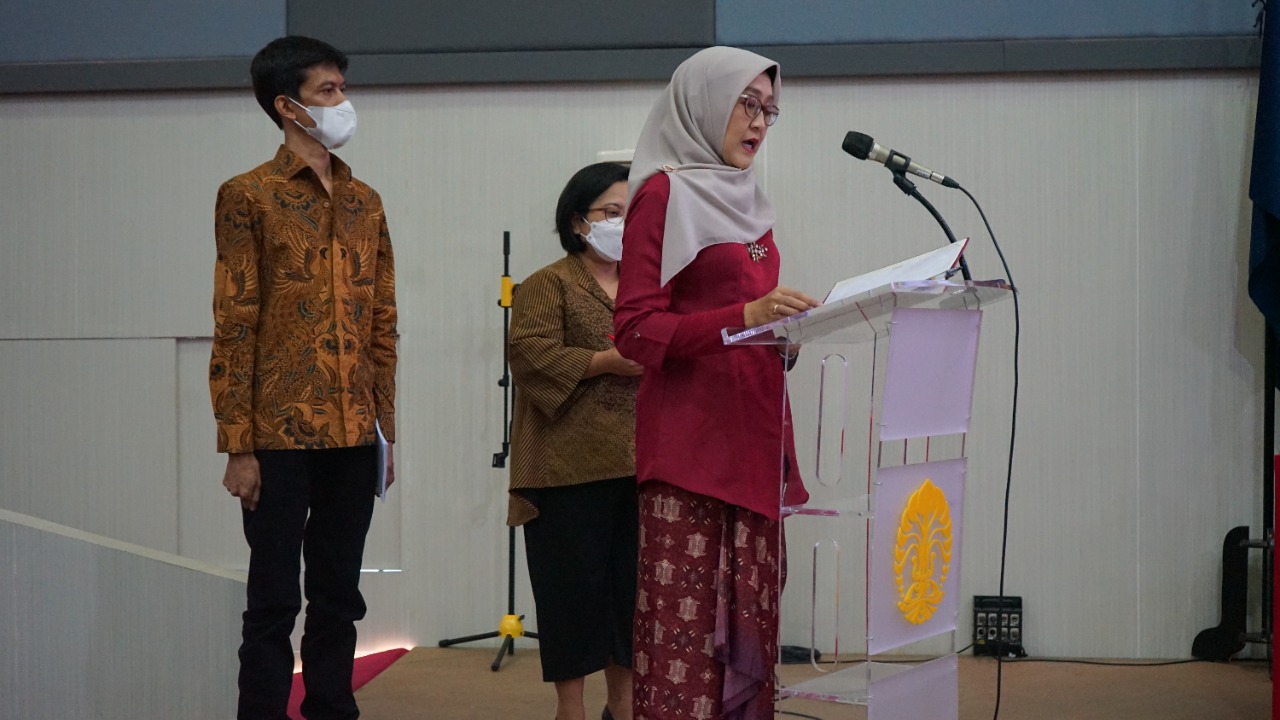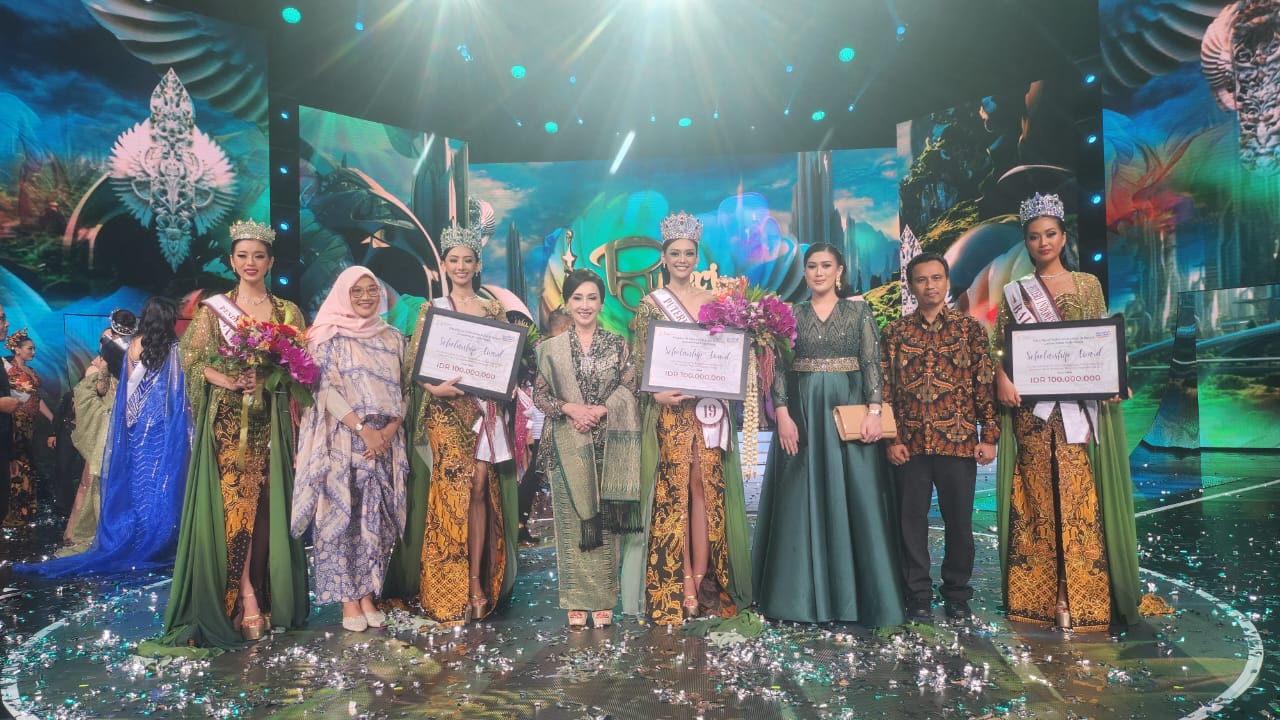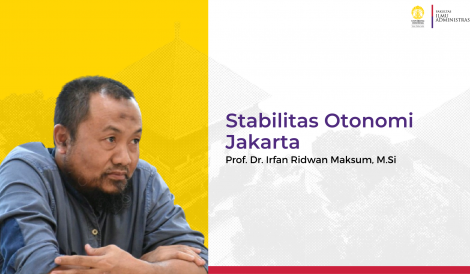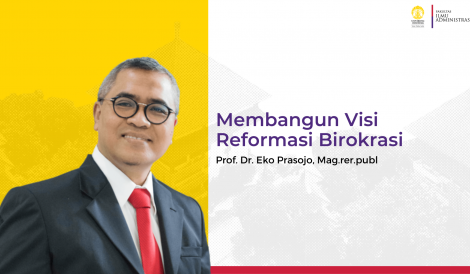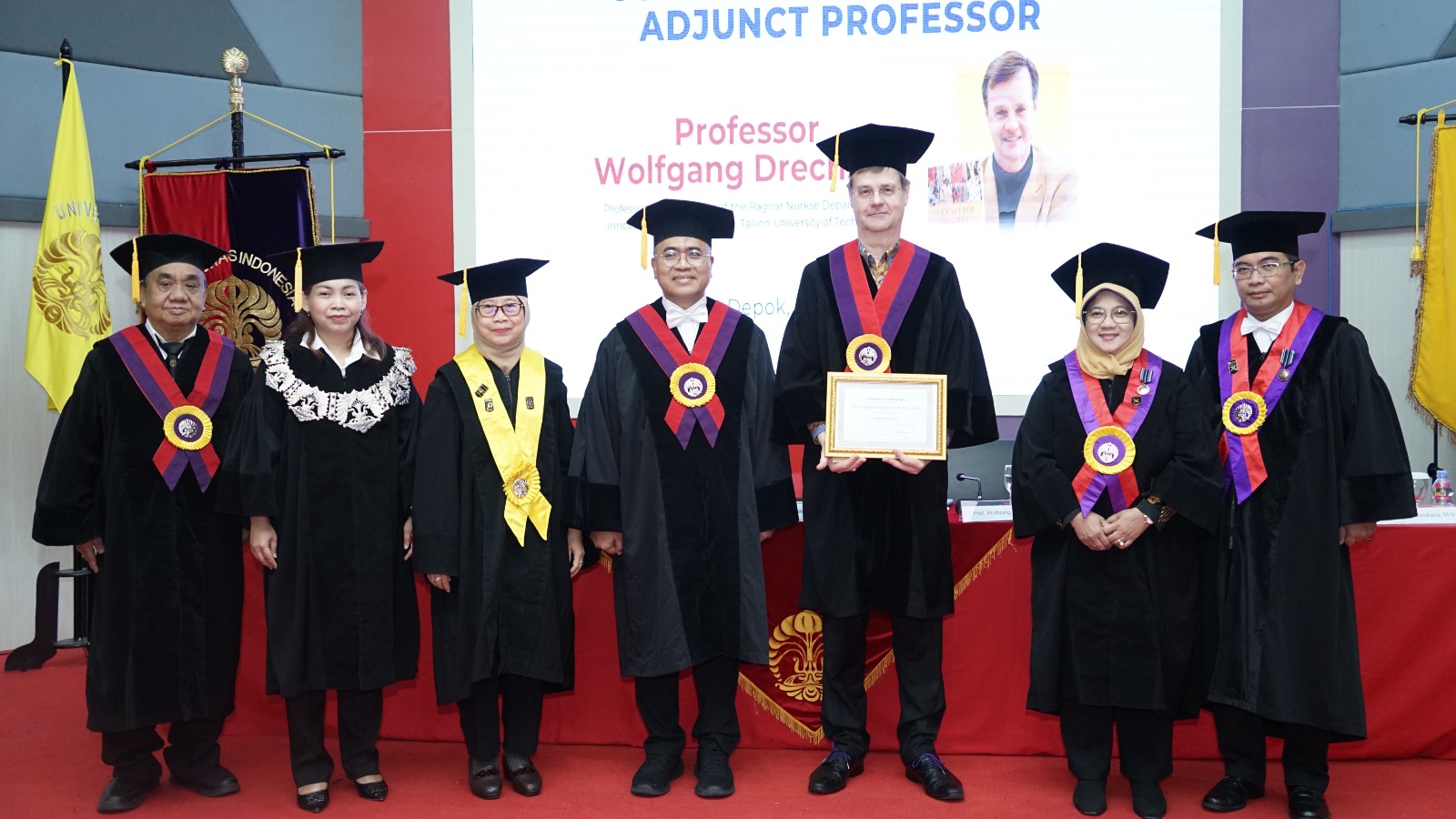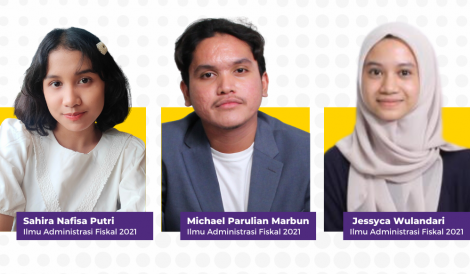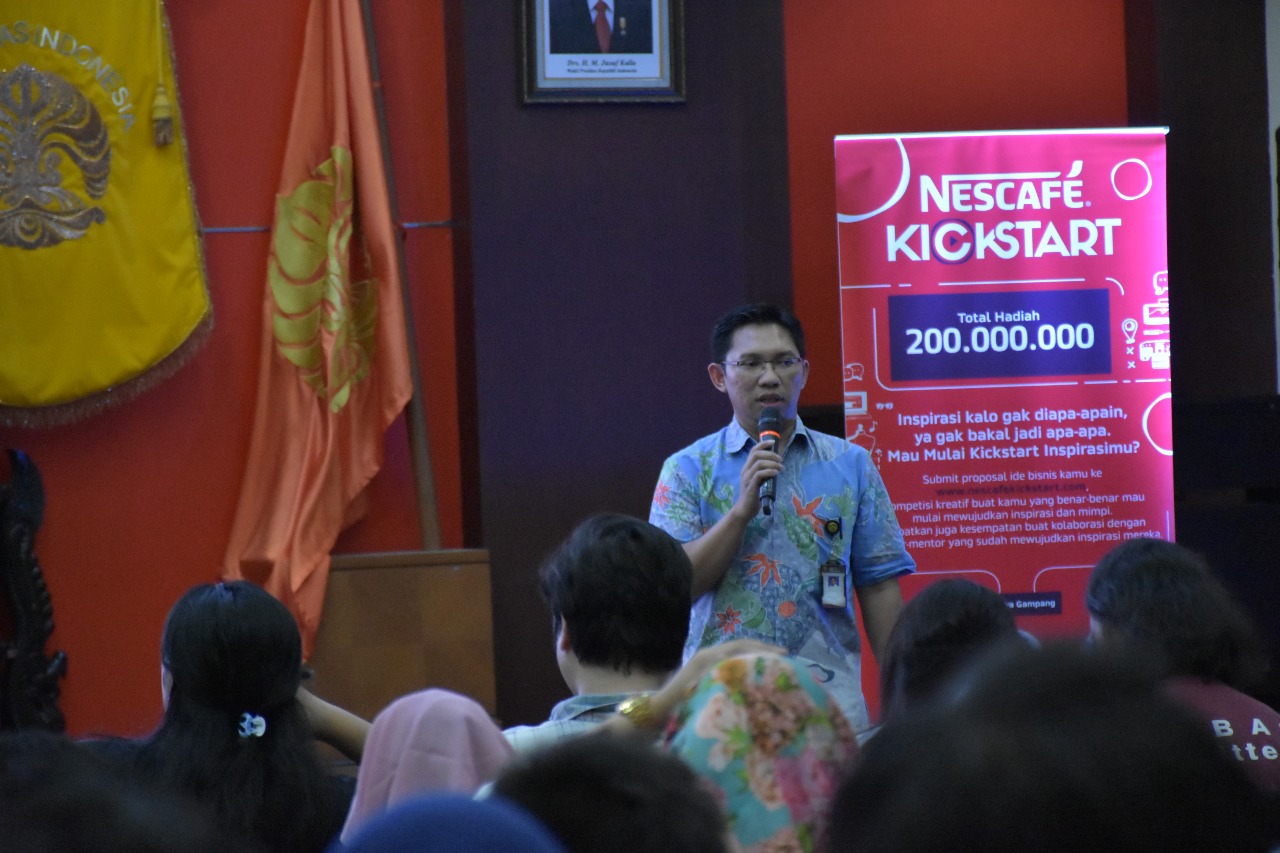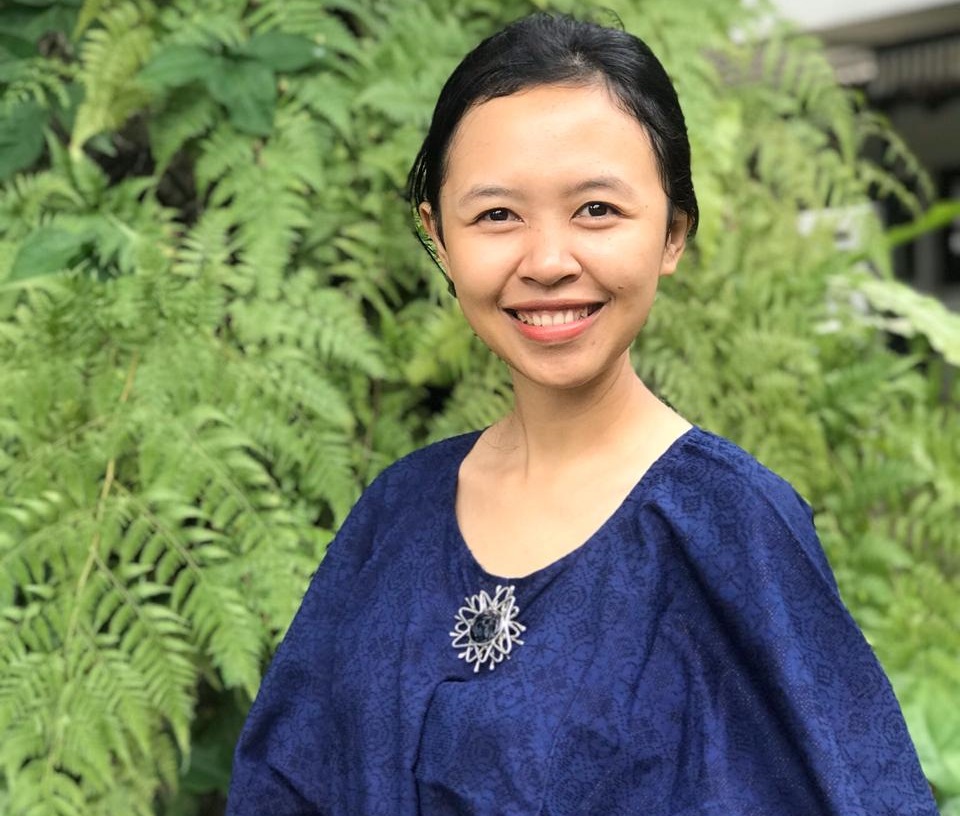Mid-management involvement and employee trust in competent leaders and pioneers of change are essential forming factors (High-Performance Organizations/HPO) at the National Research and Innovation Agency (BRIN) which are the dominant dimension of OCC (Organizational Capacity for Change) to achieve high performance. These three dimensions are the level of the interrelation of the chief factors that affect OCC, so these three factors must be strengthened. Dr. Danarsiwi Tri Lastiwi disclosed this.
“In organizational performance, the dominant factors are management quality, continuous improvement and renewal, openness, and action orientation. Organizational management must be able to be a role model for members of the organization. Organizations must continuously innovate their core competencies by providing research infrastructure that is continuously updated, research funding, and facilitated human resources for researchers to continue to strengthen their competencies. Organizational management must have frequent dialogue with employees and provide sufficient time for knowledge exchange and learning,” said Dr. Danarsiwi.
Furthermore, Dr. Danarsiwi said that BRIN’s Organizational Capacity for Change (OCC) level was in the high category, with an average percentage score of 75.41. Matters that deserve attention are the need to optimize the Person In Charge (PIC) to provide periodic reports and reminders of existing information within BRIN so that leaders can keep monitoring. Due to the busyness of leaders in carrying out strategic organizational tasks, things will likely be missed urgently.
“BRIN’s performance level is categorized in the high criteria with a score of 74.10. This means that BRIN’s performance has been good, as measured by management quality, openness and action orientation, continuous improvement and renewal, long-term orientation and human resource quality. However, several things need to be of concern to the organization, namely, organizational management must continue to guide members of the organization to achieve better results. Organizational management must be more effective, organizational members are involved in important processes, and management must tolerate mistakes,” said Dr. Danarsiwi.
For continuous improvement and renewal, several things deserve attention. Namely, organizational processes must continue to be simplified, and financial and non-financial information must be reported to members of the organization. BRIN management must know the actual conditions of employees so that employee capacity building based on existing conditions can be carried out to achieve the expected organizational quality. Overall the Head of BRIN and his staff have worked hard to build an organization and environment that supports research.
“A strategy is needed to strengthen the dimensions which are the dominant factors of OCC so that the dimensions which are the dominant factors for HPO will also be stronger. Good mid-management involvement will improve management quality. Increased employee trust in leaders will strengthen openness and action orientation, and competent change pioneers will promote continuous improvement and renewal,” he said.
Dr. Danarsiwi conveyed this through his dissertation ‘Analysis of Factors Forming High-Performance Organizations at the National Research and Innovation Agency through Organizational Capacity for Change’. This research is motivated by the problems of organizational change experienced by the National Research and Innovation Agency. In 2018 it began with the reorganization of the Indonesian Institute of Sciences, which included improving internal management. This improvement is accompanied by the acceleration of human resource capacity and competency development, massive diaspora recruitment, collaboration with domestic and foreign partners, as well as increasing the role of LIPI as a provider of national research infrastructure and a collaborative forum for science and technology-based creative activities that are open to all people.
In conducting his research, Dr. Danarsiwi focuses on internal resources owned by the organization, namely customer internal engagement, especially employee engagement. Through the theory of Organizational Capacity for Change (OCC), Dr. Danarsiwi conducted an exercise on the OCC dimensions and indicators to achieve high performance (High-Performance Organization/HPO). Promovendus conducted research through the preliminary research stage by formulating research problems, conducting literature studies, and observing the pros and cons among BRIN researchers, followed by interviews with the Head of BRIN.
Through his research results, Dr. Danarsiwi provides advice to inform employees how the changes will advance the organization. Dr. Danarsiwi said that leaders need to pay attention so that communication runs well, from leaders to employees, on time, to all work units that have an interest, as well as from stakeholders to the organization.
“BRIN needs to improve its communication system so that it can support the high capacity for organizational change and improve its performance in terms of openness and action orientation, and organizational management welcomes change and the organization is driven by the performance so that employee work innovation continues to develop and will have an impact on increasing HPO. In addition, follow-up research can be carried out on other public organizations in a change phase by focusing on dimensions and indicators that need attention so that the organization can improve and achieve optimal performance,” said Dr. Danarsiwi added.
Dr. Danarsiwi succeeded in becoming a graduate of the 28th FIA UI Doctoral Program and the 217th graduate as a Doctor in Administrative Science at the University of Indonesia, which was promoted on Thursday, January 12, 2023, at the M FIA UI Building with UI Chairperson Prof. Dr. Amy. Y.S. Rahayu, M.Sc., and attended by Prof. Dr. Chandra Wijaya, M.Sc., M.M., as the promoter and Dr. Pantius Drahen Soeling, M.Sc. as co-promoter. The examiner team in this trial were Prof. Drs. Azhar Kasim, M.PA., Ph.D, Prof. Dr. Martani Huseini, Dr. Laksana Tri Handoko, M.Sc., Dr. Wilfridus B. Ellu, and Dr. Fibria Indriati, M.Sc.
